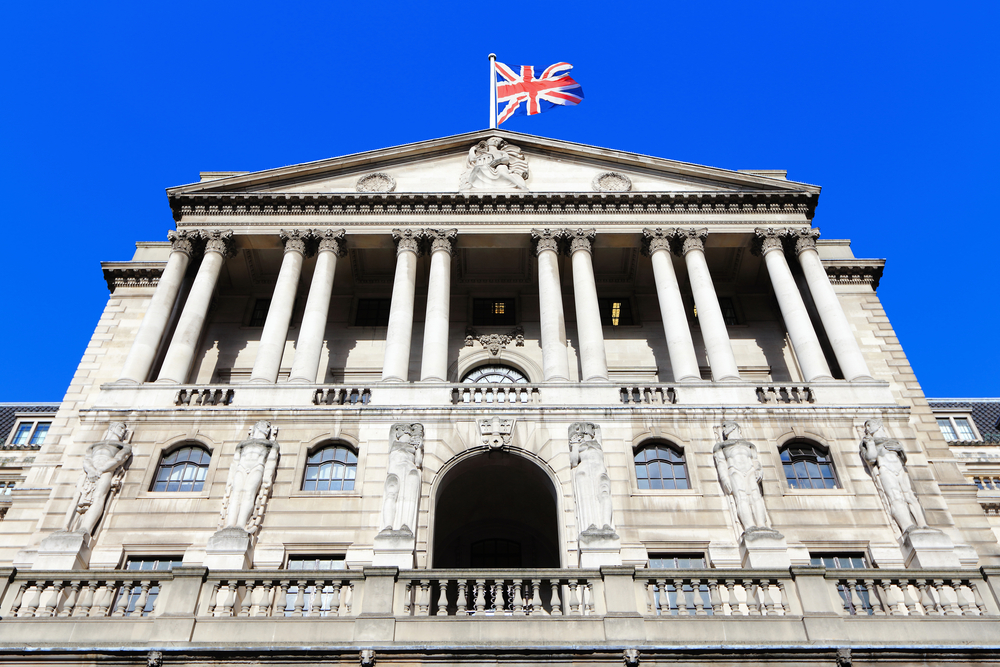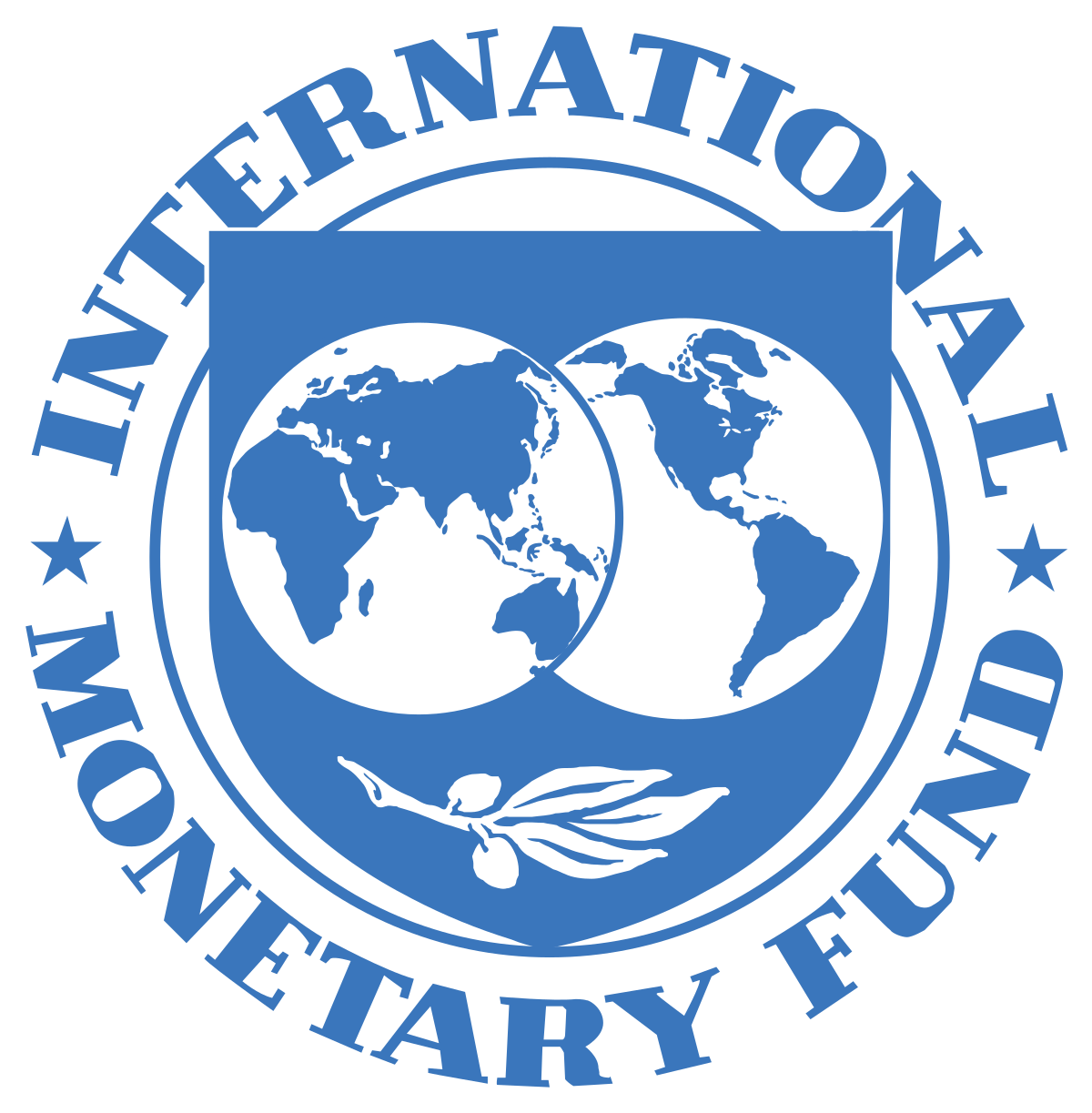The UK government’s ‘mini budget’ has spooked markets, driving the collapse of sterling, UK gilts and involvement from the International Monetary Fund (IMF). In this market environment, the role of currency hedging ETFs becomes paramount.
On Monday, sterling briefly traded at its worst exchange rate against the US dollar since the dissolution of Bretton Woods in 1971 after Chancellor Kwasi Kwarteng announced his ‘mini budget’ last week, sending UK markets into a tailspin.
The Chancellor’s ‘fiscal event’ included a reverse of the last round of national insurance hikes and the removal of the top band of income tax, moves that will cost £87bn over the next two years. It adds to the £150bn initial Energy Price Guarantee to create a fiscal package which will equate to 10% of UK GDP over the next five years, according to BlackRock.
“The UK government revealed a fiscal splurge on Friday that effectively throws money at an inflation problem, in our view,” the world’s largest asset manager said in its weekly market analysis.
Former US Treasury Secretary Larry Summers told Bloomberg the UK is “behaving a bit like an emerging market turning itself into a submerging market”.
The IMF added it is engaging with UK authorities, stating it does not recommend “large and untargeted” fiscal packages and that fiscal policy should not “work at cross purposes to monetary”.
The policymaker’s warning is a succinct breakdown of the UK’s current tussle between fiscal and monetary policy, with money markets now pricing in between 150 and 200 basis points of emergency interest rate hikes by the Bank of England before its next scheduled meeting in November.
Eddie Donmez, global markets analyst at Finimize, said: “UK markets have now lost at least $500bn in combined value since Prime Minister Liz Truss took over as prime minister and Kwarteng as Chancellor.”
Three impacts on ETFs
These developments have had at least three notable effects on wrapped products, for better or for worse.
First, ETFs capturing sterling-denominated assets, and those holding them, are in much worse shape.
On the equity side, all returns are realised in sterling terms, meaning foreign investors – perhaps in the US or Europe – selling FTSE 100 ETFs will not only crystallise potentially negative returns but also the negative currency impact of converting from sterling which is likely weaker than it was when they bought their ETF, back into their likely stronger domestic currency.
For example, the FTSE 100 has returned -2.4% over the past 12 months while sterling has fallen 21.4% against the US dollar. In this sense, the currency bet has been almost 10 times as impactful as the equity exposure – and more than a fifth of the original principal in dollars has been lost, before inflation.
Naturally, there are a few nuances to consider. On one side, many blue-chip companies carry out most of their business oversees – as seen with FTSE 100 constituents which conducted 70% of their sales overseas in 2019, meaning their profits are made in foreign currencies and then transferred back into sterling.
By contrast, this effect is less pronounced in the FTSE 250, with the proportion of revenues earned overseas about half those of the UK large cap index, according to Barclays.
On the fixed income side, the currency bet angle is much the same. For overseas investors buying UK gilts, for instance, both the returns and the yield paid on their UK gilt ETF will be worse relative to sterling’s slide relative to their home currency.
UK gilts posted their biggest one-day loss in decades last Friday as two-year yields spiked by 50 basis points to 3.93% while the iShares Core UK Gilts UCITS ETF (IGLT), which has an effective duration of 8.92 years, has plummeted 25% in a month.
In response to the turmoil, the Bank of England (BoE) has announced plans to buy UK gilts in a bid to “restore orderly market conditions”, effective today.
“The BoE will carry out temporary purchases of long-dated UK government bonds. The purchases will be carried out on whatever scale is necessary to effect this outcome,” it said in a statement.
The natural next impact to consider is on currency-hedged ETFs and how they have helped investors dampen their losses this year.
As sterling suffers and the US dollar continues to rally as many investors rush to the greenback as a safe haven, the impact of not being in the preferred currency has only compounded investors’ woes during the current period of falling asset prices,
Illustrating this, the largest FTSE 100 ETF, the sterling-denominated $11.1bn iShares Core FTSE 100 UCITS ETF (ISF), has dropped 11.8% over the past month, as at 26 September.
Compare this to the $127m iShares Core FTSE 100 UCITS ETF USD Hedged (ISFD) which booked less than half of this fall, returning -5.8% over the same period.
Finally, an unsurprising impact has been the stark gains and losses made on exchange-traded currency wrappers.
In the week to Monday, the WisdomTree Long USD Short GBP ETC (GBUS) jumped 5.4%, taking its overall return for the year to 24.2%.
Related articles







